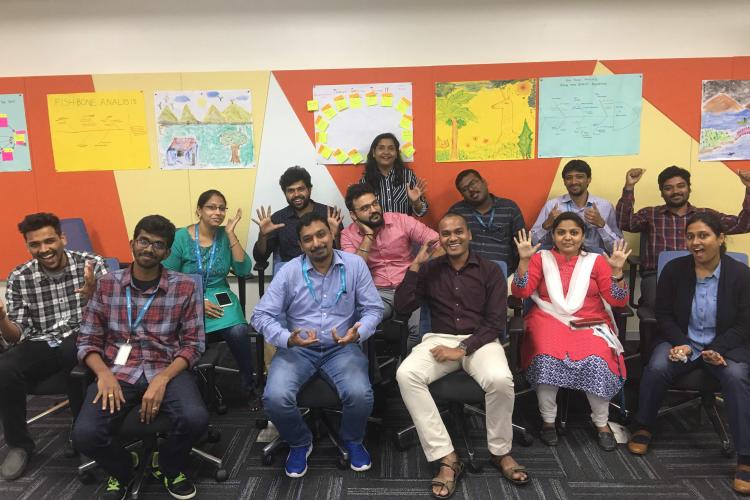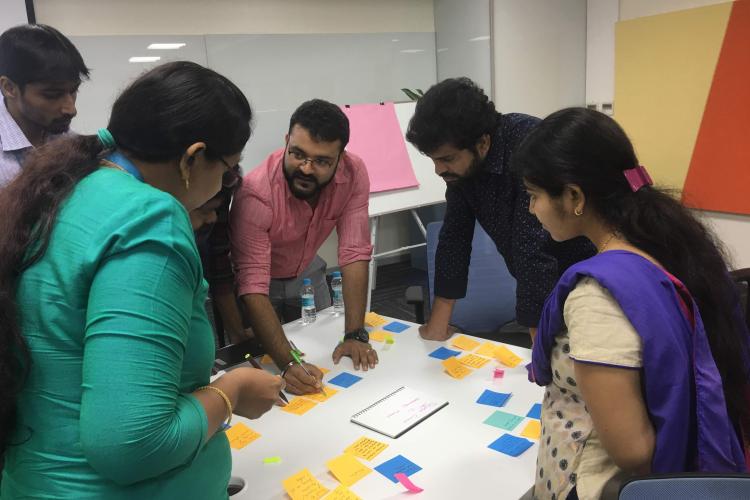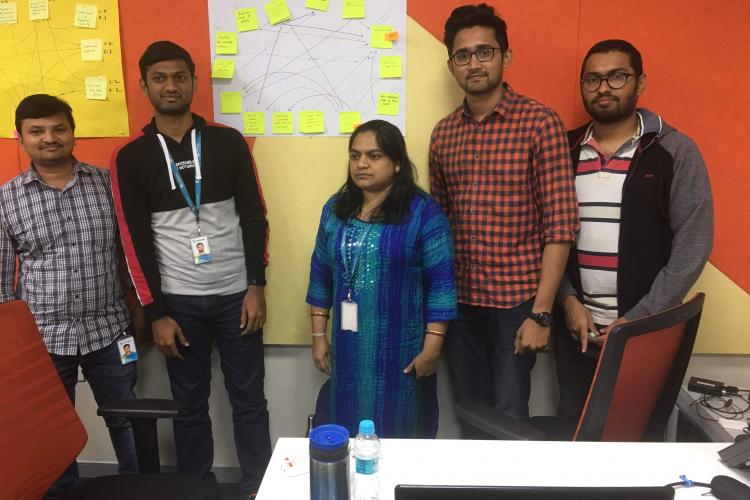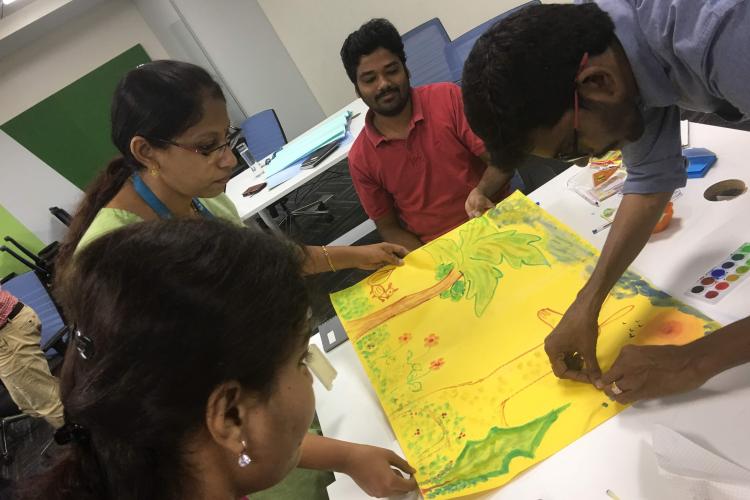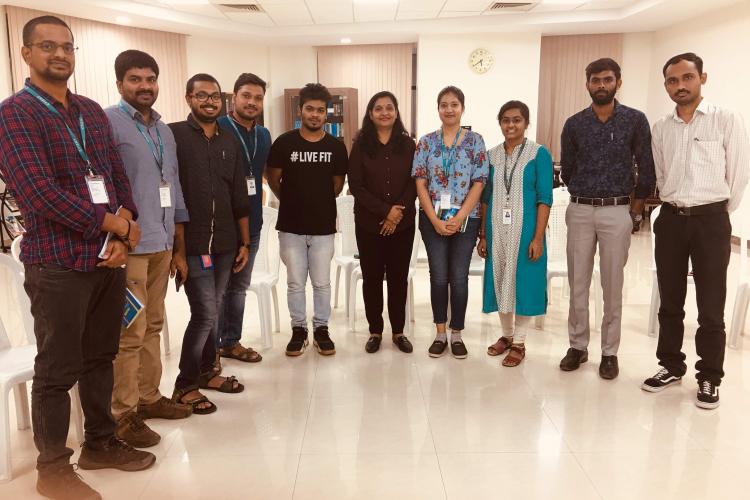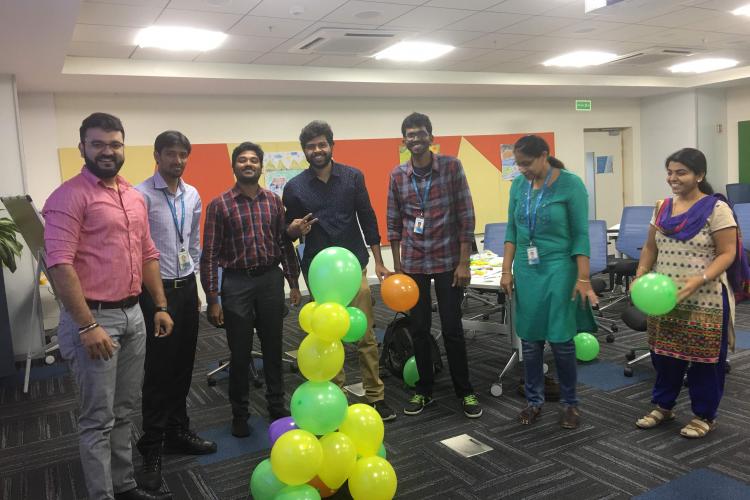5 reasons why switching from one task to another frequently is costing your productivity
“I envy you Saritha! You are such a capable mother, wife, and team worker. I always see you doing at least two to three tasks at a time. You are the best #multi-tasker I ever saw!” exclaimed Mouni.
“Thank you, Mouni. But all of these may be doing more harm to me and my mental power than benefit. I seem so forgetful nowadays. Do you remember I used to have excellent memory? I feel I am somehow losing that. Sometimes I feel the one inability you keep saying about yourself –“Unable to multi-task” is actually a boon. You concentrate on one task in hand at a time.”
This is one snippet of a conversation of two working moms. Did you notice that the topic is relatable to everyone of us too?
We consider #multi-tasking a bigger talent than having any other skill nowadays. But, did you ever know that multi-tasking is nothing but just switching between one task to another quickly?
This is because at any point of time, our brain can think about only one thing.
𝐁𝐲 𝐦𝐮𝐥𝐭𝐢-𝐭𝐚𝐬𝐤𝐢𝐧𝐠, 𝐰𝐞 𝐚𝐫𝐞 𝐢𝐦𝐩𝐨𝐬𝐢𝐧𝐠 𝐚 𝐡𝐮𝐠𝐞 #𝐜𝐨𝐠𝐧𝐢𝐭𝐢𝐯𝐞 𝐥𝐨𝐚𝐝 𝐨𝐧 𝐨𝐮𝐫 𝐛𝐫𝐚𝐢𝐧. 𝐓𝐡𝐮𝐬, 𝐢𝐭 𝐝𝐨𝐞𝐬 𝐦𝐨𝐫𝐞 𝐡𝐚𝐫𝐦 𝐭𝐡𝐚𝐧 𝐡𝐞𝐥𝐩.
𝐇𝐞𝐫𝐞 𝐚𝐫𝐞 𝟓 𝐫𝐞𝐚𝐬𝐨𝐧𝐬 𝐰𝐡𝐲 𝐬𝐰𝐢𝐭𝐜𝐡𝐢𝐧𝐠 𝐟𝐫𝐨𝐦 𝐨𝐧𝐞 𝐭𝐚𝐬𝐤 𝐭𝐨 𝐚𝐧𝐨𝐭𝐡𝐞𝐫 𝐟𝐫𝐞𝐪𝐮𝐞𝐧𝐭𝐥𝐲 𝐢𝐬 𝐜𝐨𝐬𝐭𝐢𝐧𝐠 𝐲𝐨𝐮𝐫 𝐩𝐫𝐨𝐝𝐮𝐜𝐭𝐢𝐯𝐢𝐭𝐲
- You strain your brain more than the usual by switching between tasks often. Though the switching may be few seconds, for the brain to completely deviate from one task to another it takes more time.
- This time includes the mental block we face right after the switching of task. No wonder you get very tired while #multi-tasking even for half an hour while you may not feel so even after an hour of dedicated work.
- #Multi-tasking reduces your ability to learn a new skill. Many researches found that people who switch from one task to another more frequently, are slowly losing the ability to learn a new skill. Learning any new skill needs #focus and #multi-tasking is the biggest enemy of focussed learning.
- With #multi-tasking, you shift your focus periodically. While this may look like you are getting three things done at a time, you are actually straining your prefrontal cortex in your brain. Unless one or more of your tasks become more like a habit which does not involve thinking, this switching will give you hard time to ignore #distractions too in the long run.
- #Multi-tasking increases your stress level as your brain is always on alert while you switch from one task to another. Watching Tv while reading an email might be fun but you might end up missing some important detail in the email. If something goes wrong, your stress levels would shoot up even higher.
- #Multi-tasking makes your brain age faster and memory weaker. Some researches reveal that people who multi-task have much lesser memory compared to the ones who #focus on tasks at hand.
All in all, switching between one task to another once in a while or combining two tasks while one is a natural habit might be fine.
But multi-tasking on a regular basis act as a big hindrance to your productivity.
Afterall, one bird in hand is better than ten in the sky isn’t it?


